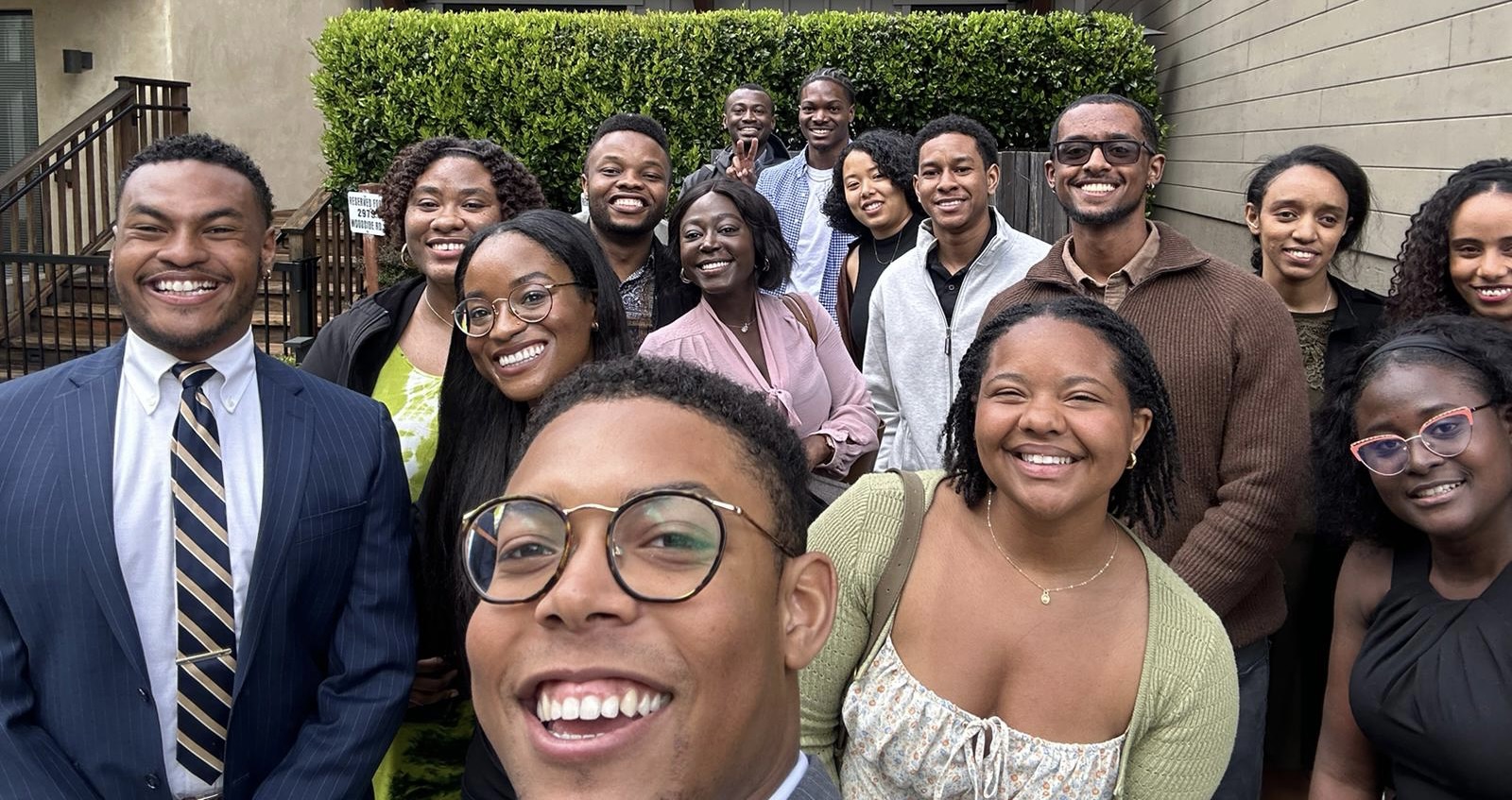[The Children’s Corner]
Is your child ready to start school?
For parents and children trying hard to enjoy at least a few weeks more of downtime before beginning back to school shopping and school year routines all over again, the answer is probably a resounding not yet!
But even when September arrives, for millions of American children the answer will still be no. Right now, far too many of our youngest children aren’t prepared to start school ready to learn and succeed this year or any year.
Although some may consider me a broken record, I’ll keep playing it until we hear, get it, and act. The greatest threat to America’s economic, military, and national security comes from no foreign enemy but from our failure to invest in healthy and educated children regardless of their lottery of birth.
Early childhood development and learning starting at birth—in fact before birth with prenatal care and parent preparation—and continuing throughout the toddler and preschool years and through, not just to, kindergarten is critical to getting all children ready for school.
But research shows only 48 percent of poor children are ready to learn at age five compared to 75 percent of children from families with moderate and high incomes. Fewer than half of all four-year-olds are enrolled in public pre-K programs, special education, or Head Start programs, and the percentage in quality programs is lower.
Our current failure to invest in and provide quality early childhood experiences for all children has huge long term consequences for all of us and for America’s future. Congress is off chasing the wrong deficit. America’s greatest deficit is our human capital deficit—our child investment deficit.
The majority of public school students of all races—and more than three quarters of Black and Hispanic public school students—cannot read or do math at grade level in the fourth and eighth grades. A child drops out of public high school every eight seconds and many who graduate from high school are not college and career ready.
In a rapidly globalizing world, underprepared American students are falling behind. When we let hundreds of thousands of children drop out of school annually, it is an enormous foregone productivity loss to our nation. According to the Alliance for Excellent Education, if the students who dropped out of the class of 2011 had graduated, the nation’s economy would likely have benefitted from nearly $154 billion in additional income over the course of their lifetimes. Seventy-five percent of 17- to 24-year-olds are not eligible for military service because of poor literacy levels, health-related problems, and prior criminal records.
Everybody needs to stop playing politics with the lives of our children and realize we are all in the same boat to the future, and that a majority of children in the boat by 2019—and already a majority of our babies—will be children of color, who are disproportionately poor. We need to wake up and make sure these children are educated and prepared to read and lead us.
Investing in early childhood development and learning initiatives must be an all-American goal – Republicans, Democrats, and Independents alike – and the initiatives must include the level of support to make a real difference. We must reject those who play personal, partisan, and ideological politics with our children–America’s national and economic security. And we must reject those who waste precious child lives and public resources by only investing in remediation and incarceration and neglecting prevention and preparation.
The Administration’s proposed $75 billion investment in mandatory funds for quality pre-K over ten years, with additional investments in quality home visiting, child care, Early Head Start, and Head Start, is a huge opportunity to highlight the critical role these early years play in all our children’s success in school and in life. It’s long past time to make quality early childhood development and learning a cornerstone of our nation’s policy and investment agenda.
Quality early childhood investments from birth through age five, in home visiting, child care, Early Head Start, Head Start, pre-K and full-day kindergarten, will yield returns in children’s social, emotional, and cognitive development and in their ability to start school ready to learn, move on to college and careers, and become our future workforce. Dr. James Heckman and other respected economists including Federal Reserve Board Chairman Bernanke show investments in quality early childhood education for our most disadvantaged children are sound economic policy and yield higher graduation rates, earnings, and tax revenues while reducing future involvement in the criminal justice system. Republican and Democratic governors alike have seen firsthand the benefits of high quality programs.
It’s time for broad bipartisan support for critically important investments in young children. And we must get this right for children: not for test makers, not for adult interests, but for children—especially the poorest children. Any final early childhood initiative must ensure children are kept front and center as policies are being drafted and money is being invested.
We need to make sure children living in the poorest areas and those with greatest needs will truly benefit from the new investments, and that states will truly be held accountable for providing quality care to children. Family support and comprehensive services, hallmarks of successful Early Head Start and Head Start Programs, must be part of the new quality early childhood continuum. Children do not come in pieces.
We must be able to measure how well children are doing by requiring states to achieve quality benchmarks within a defined period and document the progress children make. These new investments must help children birth through five and be aligned with a comprehensive continuum of care through all the early grades to provide a strong foundation for high school completion.
Silos among those who serve children must be broken down as we come together to prepare our young and nation for the future. A multi-service delivery system that engages community partners must be a hallmark of the new early childhood continuum. Adult special interests must take a back seat to children’s opportunity to live and learn and thrive and be prepared for the future.
Getting a child ready for school involves much more than choosing a new backpack and putting her on the right bus. It requires her having a quality early childhood from birth through age five that promotes development and learning. Everything we stand for as Americans depends on it.
Marian Wright Edelman is President of the Children’s Defense Fund










